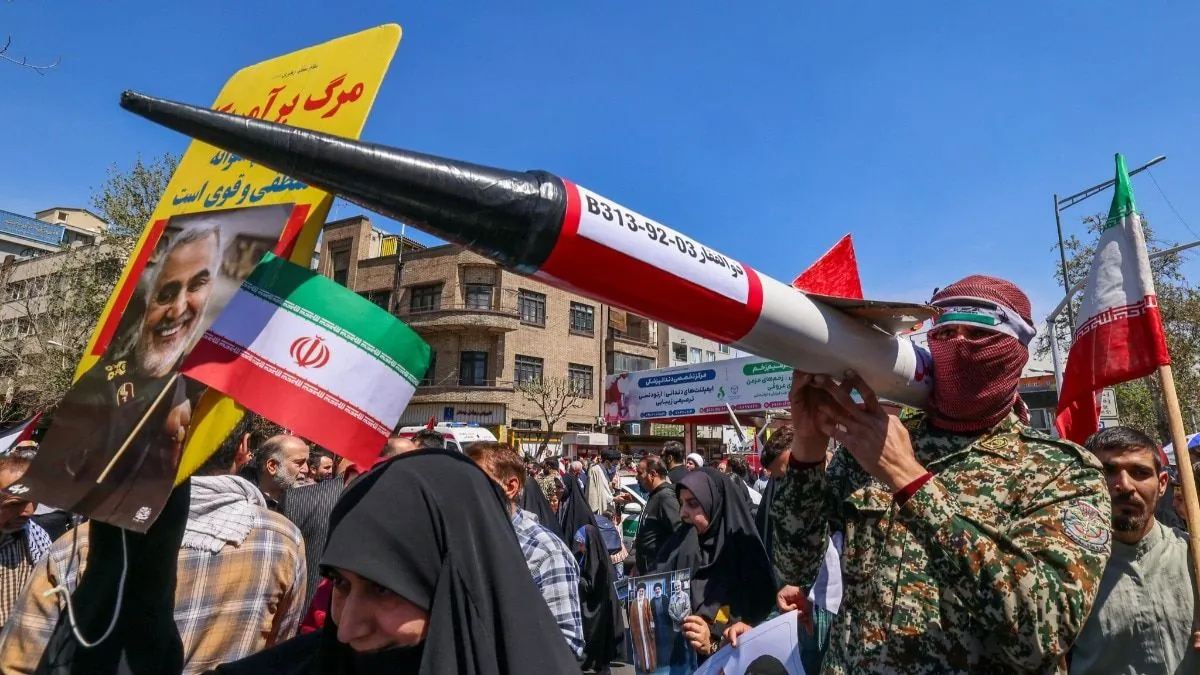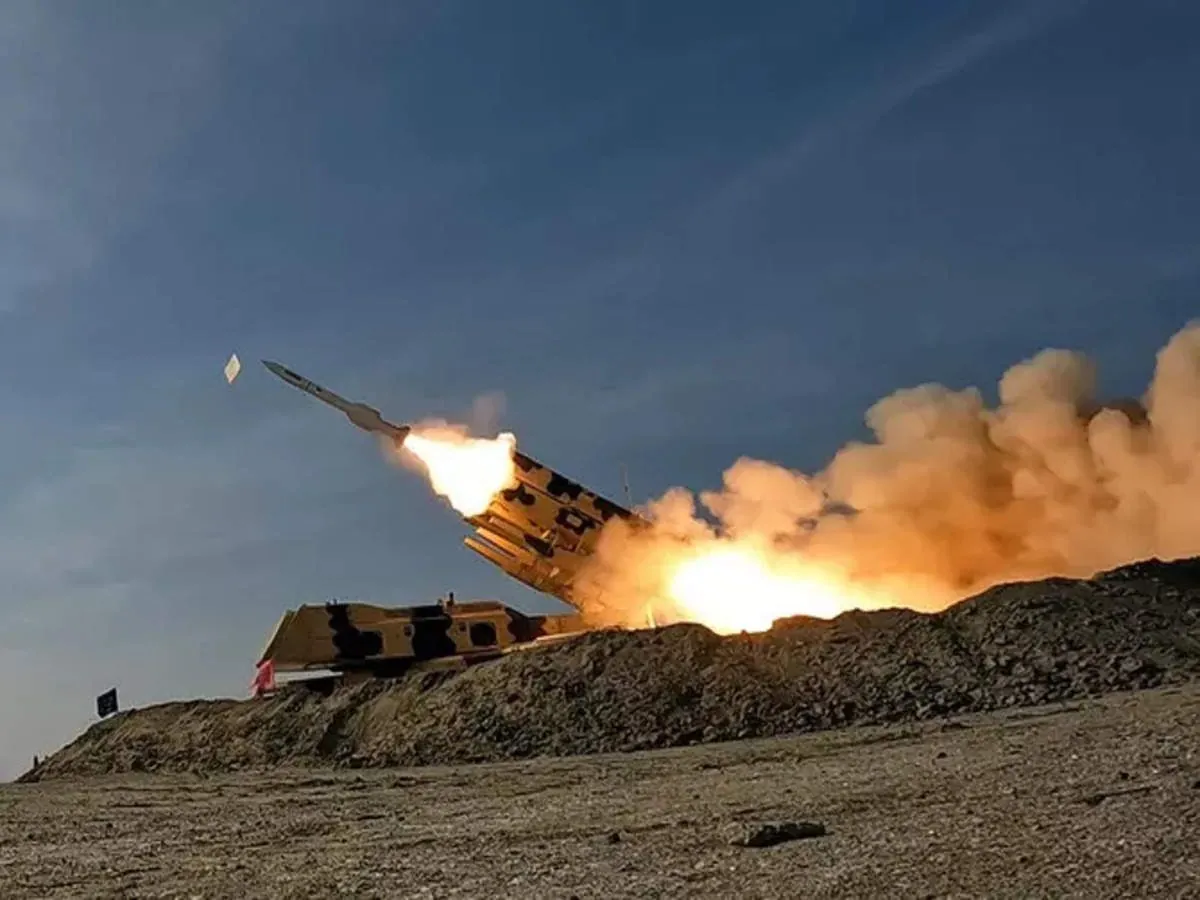Iran Launches Missile Attack on Israel, Warns of Escalation
Iran's Revolutionary Guards fired missiles at Israel, citing recent deaths of Hamas and Hezbollah leaders. Tehran warns of harsher response if Israel retaliates, escalating regional tensions.

In a significant escalation of regional tensions, Iran's Revolutionary Guards have launched a missile attack against Israel, marking a new phase in the long-standing conflict between the two nations. This aggressive move comes in response to recent events that have heightened hostilities in the Middle East.
The Revolutionary Guards, established in 1979 following the Iranian Revolution, reportedly fired numerous missiles towards Israel. This action represents a major development in Iran's missile program, which has been evolving since the 1980s. The attack was reportedly ordered by Iran's Supreme Leader Ayatollah Ali Khamenei, who holds the highest political and religious authority in the country.
Iran's decision to launch this attack stems from a series of recent events, including the deaths of prominent figures in Palestinian and Lebanese militant groups. The Iranian authorities cited the "martyrdom" of Ismail Haniyeh, a leader of Hamas, and Hassan Nasrallah, the head of Hezbollah, as key motivations for the strike. Hamas, founded in 1987, and Hezbollah, established in 1985, have long been supported by Iran, forming part of its regional strategy.

"After a period of restraint, Iran has targeted the heart of the occupied territories with tens of missiles following the martyrdom of (Hamas leader) Ismail Haniyeh ... the intensification of the Zionist regime's attacks on Lebanon and Gaza, the martyrdom of Hezbollah leader Hassan Nasrallah and (of) Guards Commander Abbas Nilforoushan."
The missile attack marks a significant escalation in the Israel-Iran proxy conflict, which has been ongoing since the 1980s. Iran's missile arsenal includes both ballistic and cruise missiles, with the Shahab-3 missile, capable of reaching targets up to 2,000 km away, being one of its most advanced weapons.
In response to this threat, Israel has developed sophisticated defense systems, including the Iron Dome, designed to intercept incoming rockets and missiles. The effectiveness of these systems in the face of Iran's latest attack remains to be seen.
The international community is closely monitoring the situation, as this development could have far-reaching implications for regional stability and global security. The United Nations Security Council, which has passed several resolutions regarding Iran's nuclear program, may be called upon to address this latest escalation.
Iran's nuclear program has been a source of international tension for decades, with the country consistently denying allegations of military intentions. The Joint Comprehensive Plan of Action (JCPOA), signed in 2015 but later abandoned by the United States in 2018, aimed to address these concerns. The International Atomic Energy Agency (IAEA) continues to monitor Iran's nuclear activities.
The current situation also raises concerns about potential disruptions to global oil trade, particularly in the strategically important Strait of Hormuz. This waterway has been a flashpoint in previous tensions between Iran and Western powers.
As the situation unfolds, the international community watches with apprehension, hoping for a de-escalation of hostilities and a return to diplomatic channels to resolve long-standing issues between Iran and Israel.


































